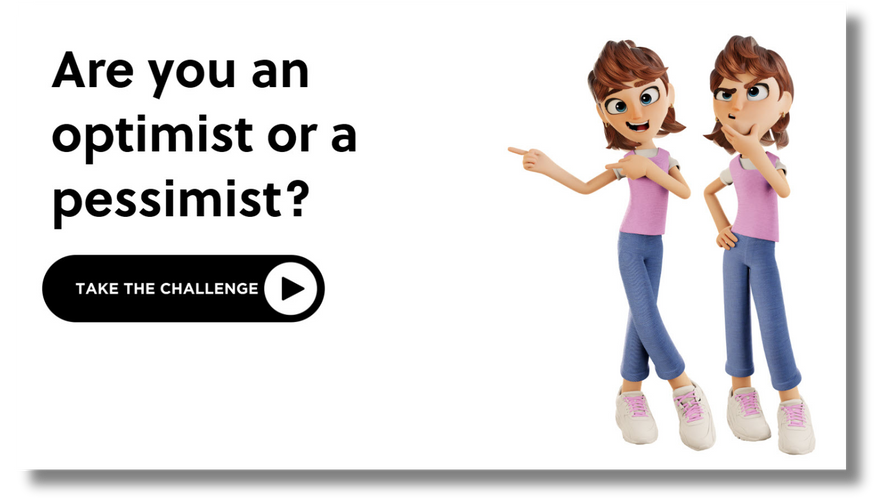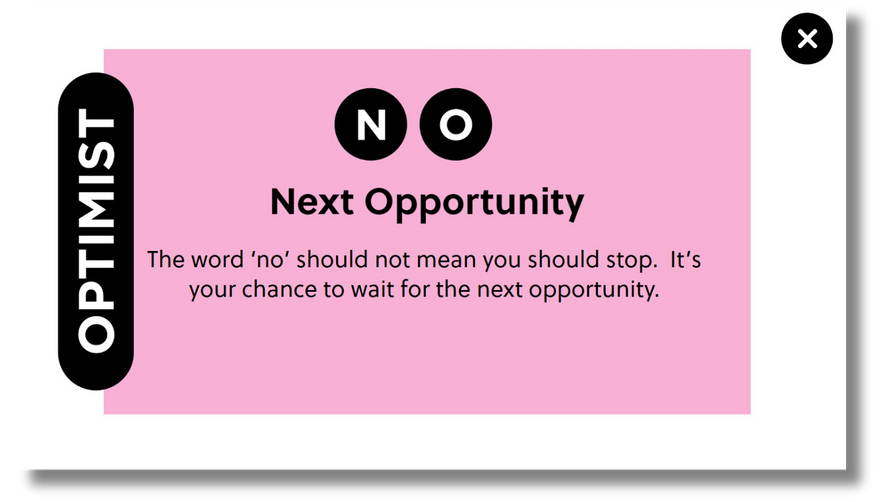LEE RHYNE LEARNING DESIGNER
As a versatile education designer, I create comprehensive educational solutions that not only engage and inform but also address broader business challenges. My expertise extends beyond e-learning development to encompass all aspects of learning design, including curriculum development, instructional strategy using appropriate learning theory, and learning management system optimisation.
I bring a minimalist design approach with clear, impactful visuals that enhance readability and focus. My content is structured with intuitive, user-friendly navigation, ensuring learners can easily follow the material without unnecessary distractions. By incorporating adaptive learning principles, I design personalised experiences that cater to individual learning needs and paces, fostering deeper engagement and retention.
Beyond design, I am committed to ensuring accessibility for all learners. I apply Web Content Accessibility Guidelines (WCAG) to make learning accessible to a wide range of individuals, including those with disabilities. My holistic approach to learning design integrates instructional theory, practical application, and inclusive technology to create solutions that elevate the learning experience and meet organisational goals.
I hold a Graduate Certificate of Digital Teaching and Learning and a Graduate Diploma of Education. In addition to postgraduate qualifications, I hold certifications in Microsoft 365, ITIL V4 and am a qualified SCRUM Master. I am an active member of the learning design community, founding the Australian Learning Design Community of Practice with membership covering a cross section of industry including vocational and higher education, public health and private industry.
AUTHORING TOOLS
I utilise a variety of e-learning authoring tools, with a focus on Articulate Rise and Storyline. While Articulate Rise is my go-to for rapid content development, I leverage Articulate Storyline for projects that require more advanced interactivity and gamification, maximising learner engagement."
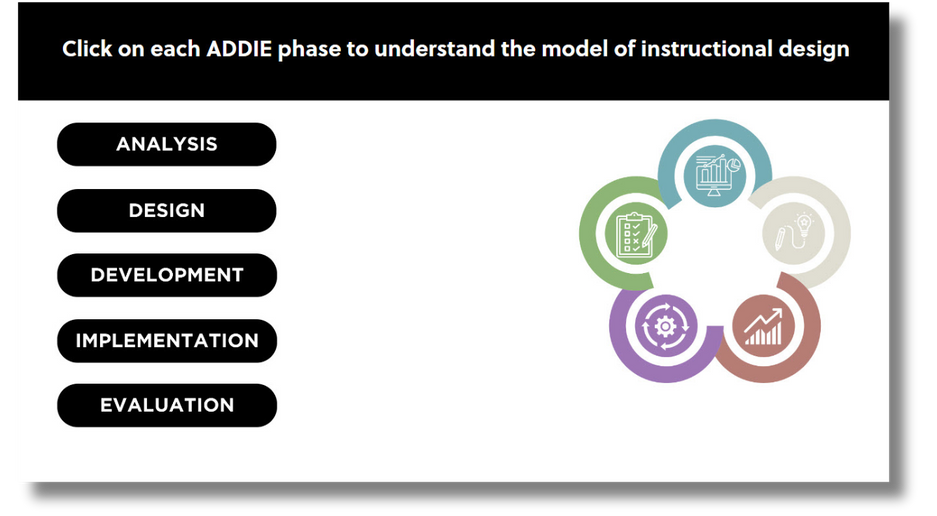
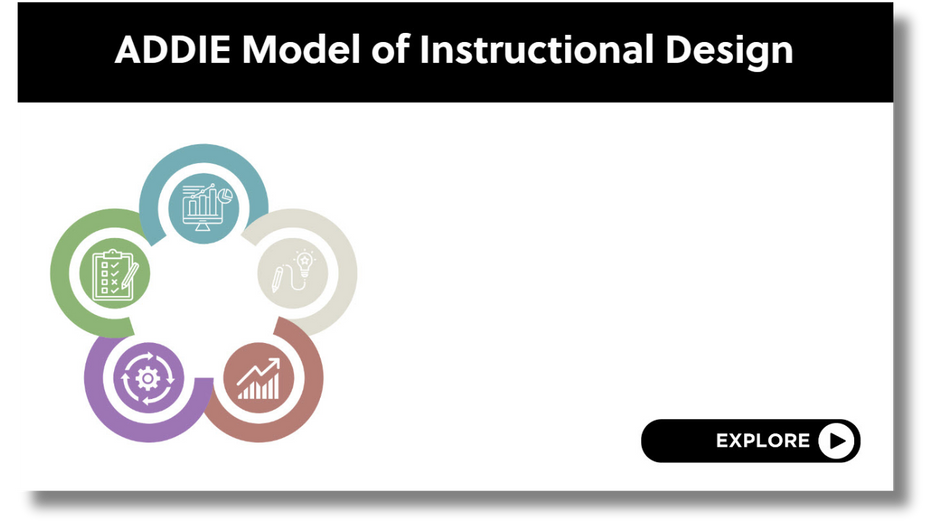
PROJECT STRATEGY
Each project begins with an initial scoping phase, using a design thinking approach that prioritises user empathy to address the core problem. Once scoped, I proceed with storyboarding and curriculum design, incorporating iterative consultation and feedback from stakeholders throughout the process to ensure the desired outcomes are met."
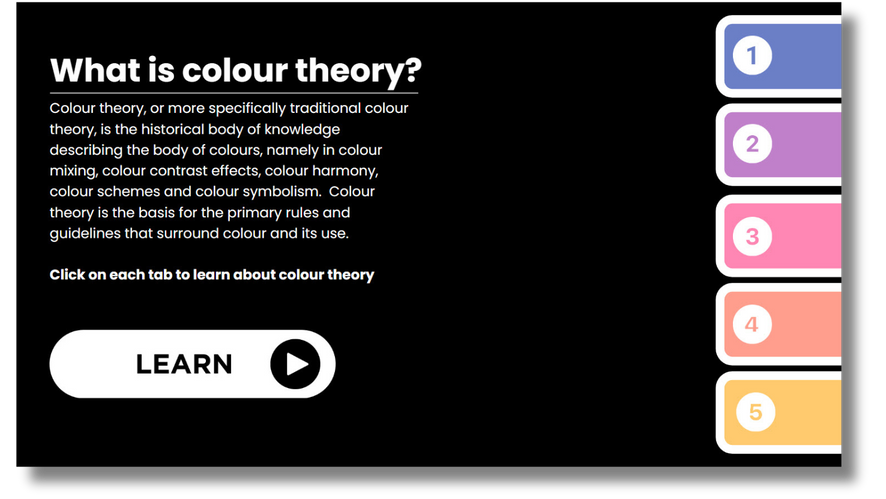
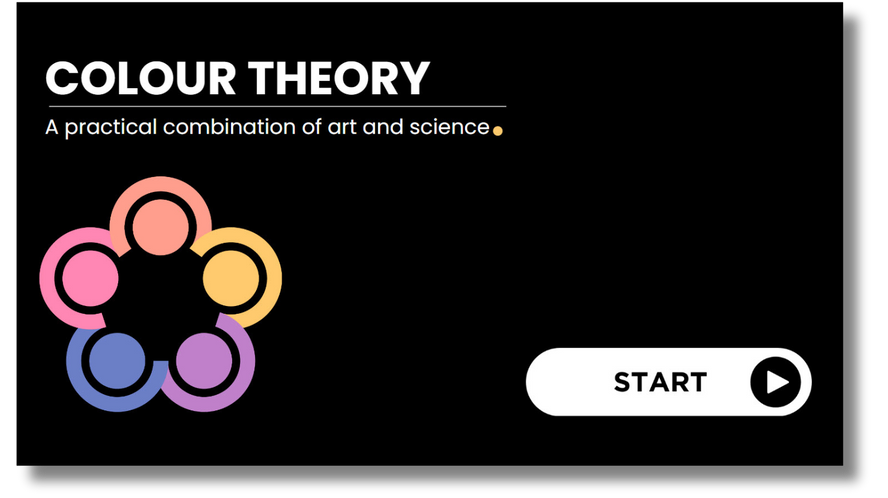
CONTINUOUS IMPROVEMENT
In my approach to continuous improvement in learning design, I adopt a feedback-driven process that actively engages both learners and stakeholders. I consistently gather insights through evaluations, user feedback, and performance data, using this information to refine content and delivery methods. By staying current with emerging trends and technologies, I ensure that learning solutions are not only relevant but also increasingly effective, adaptable, and engaging for diverse audiences.
